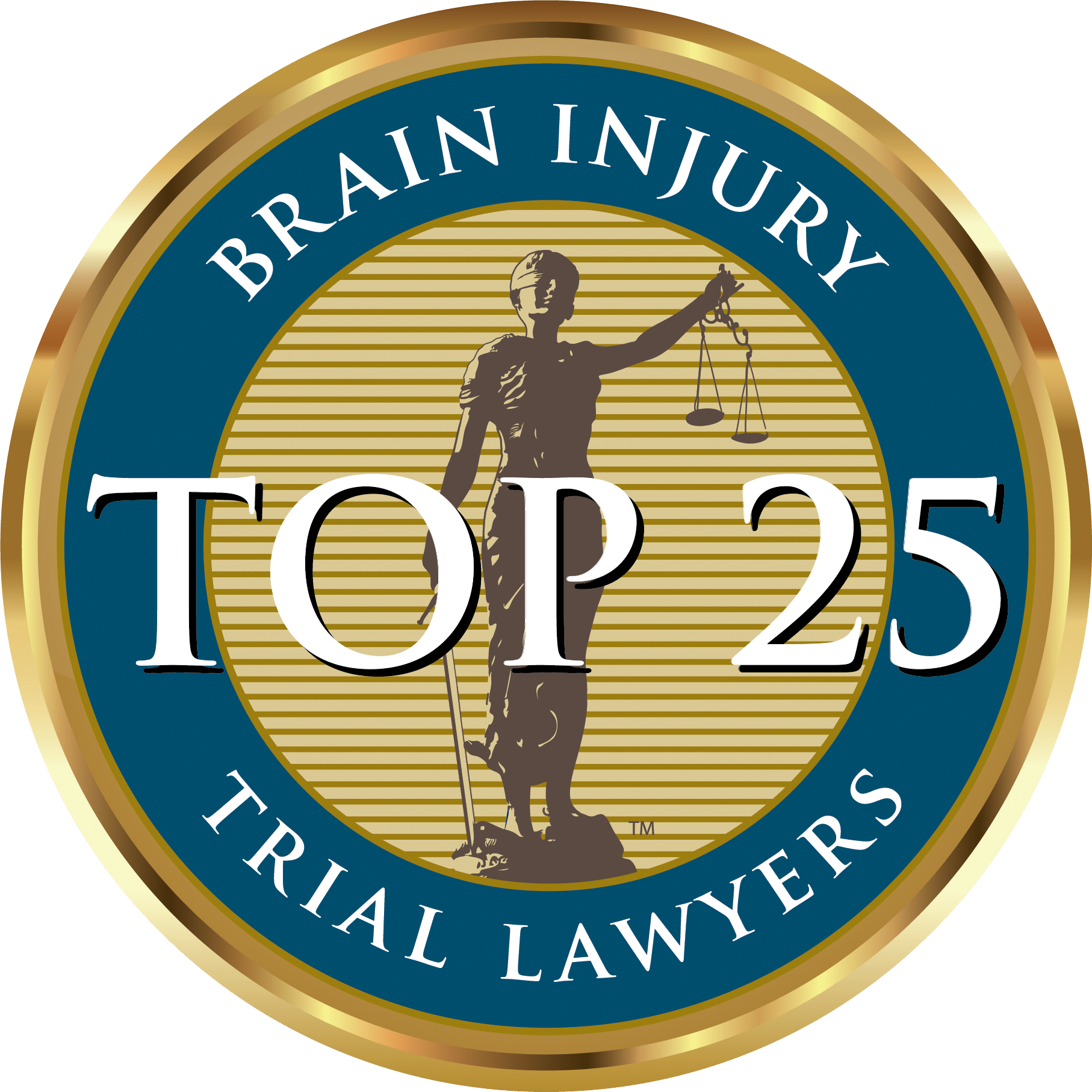Sovereign immunity in New Jersey prevents citizens from suing the government or its public entities without consent. Defined by N.J.S.A. 59:1-3, “the term public entity refers to the State, and any county, municipality, district, public authority, public agency, and any other political subdivision or public body of the state.”
In other words, government employees who are acting within the scope of their employment as agents of the state are usually immune from lawsuits. As long as a public employee was using good faith judgment in making a governmental decision, victims cannot sue that employee for ordinary negligence while on the job.
The New Jersey Tort Claims Act governs New Jersey tort claims against a state or local government (or its employees). This Act describes everything from immunities for government entities to liability.
Applying Sovereign Immunity to Government Entities and Employees
Sovereign immunity can become very complicated in application. For example, the Tort Claims Act grants immunity for several specific areas of government activity. This means that if the employee or entity was acting in this area of government activity, they cannot be sued.
Here are a few examples of when specific immunity provisions would apply:
- Property Inspections (N.J.S. §§ 59:2-6, 59:3-7) (i.e., the government is not liable for any injuries that occur due to a lack of property inspections)
- Dangerous Conditions on Public Property, such as failure to plan or design (N.J.S. § 59:4-6) (i.e., the government is not liable for any injuries that occur due to a failure to plan or design)
Exceptions to Sovereign Immunity
There are, of course, exceptions to the general sovereign immunity rule that states that individuals cannot sue the government. If a government employee or entity’s negligence meets the following qualifications, it may be liable:
- The employee performed the action within the “scope of his employment.”
- The action was not “a crime, actual fraud, actual malice, or willful misconduct.”
- No immunity applies to the action
Essentially, a public employee cannot reap the benefits of this doctrine when that employee knowingly committed a criminal act or took action beyond the scope of his duty as an agent of the state, e.g., the employee was “off the clock,” the employee intentionally rear-ended your car in a fit of road rage, the employee assaulted you, etc.
If you are able to prove that there is no immunity applicable to the situation, you may be eligible to file a claim against a governmental entity or one of its employees.
How can I file a claim against a public entity or employee?
Step 1: Figure out if you can legally sue the government
Though a government employee acting under the scope of his employment is immune from suit for ordinary negligence, a government employee may face a lawsuit in some instances.
If the entity or employee exceeds the scope of their public duties, acted recklessly, or willfully caused the incident, they cannot benefit from sovereign immunity and you can file suit against the entity or employee to recover for your injuries.
Step 2: File a notice of claim
In order to properly file a claim against a public entity or employee, you must first file a document with the appropriate public entity, called a “Notice of Claim.”
According to N.J. Stat. Ann. § 59:8-3 through 8, a Notice of Claim must contain:
- Claimant’s personal information (e.g., name, address)
- Detailed facts of the incident that gave rise to the claim
- A description of the injuries
- The name of the entity or employee responsible
- The amount of damages sought
The purpose of this document is to provide fair notice to the entity or employee so that they may perform a timely investigation. This investigation period will also allow the entity or employee to settle or correct the behavior, if it chooses to.
Failure to file the Notice of Claim within 90 days of the incident is an absolute bar to recovery, unless your claim is statutory in nature.
Step 3: Waiting Period
After you have filed the Notice of Claim, the entity (in most cases) has six months to review your claim. You cannot file suit until that six-month period has ended.
Step 4: Seeking Damages
If you find your incident falls outside of sovereign immunity, you have successfully filed your notice of claim, and the six-month waiting period has ended, you can now file suit and take your claim to trial and fight for your right to damage compensation.
While there are no limitations on economic damages, limitations exist for other damages — for example, you cannot collect pain and suffering damages unless you have suffered a permanent loss of a bodily function, permanent disfigurement, or dismemberment.
As a general rule, New Jersey courts may not award punitive damages against a public entity. There are exceptions to this rule, such as claims brought for discrimination and whistleblower claims, but unless your claim falls under one of a few statutes, you will not be able to seek punitive damages against the public entity that caused your injury.
However, you may be able to seek punitive damages against a public employee.
Get Help with Your Claim
Filing a claim against the government or one of its employees can be extremely difficult; do not go through the process alone. If a negligent governmental entity or employee injured you or your loved one, contact Cordisco & Saile LLC for a free, no obligation consultation today: 215-642-2335.







